
JUST TRANSITION: CHALLENGES OF OCCUPATIONAL AND SECTORIAL REALLOCATION
EAERE Policy Outreach Committee, policy session at the 29th EAERE Annual Conference in Leuven (Belgium), 3 July 2024
The EU’s Just Transition Fund (JTF) serves as a financial instrument to assist energy-intensive and mining regions most impacted by the adverse effects of the energy transition. Its goal is also to alleviate the unequal distribution of costs, ensuring strategic support for those facing the most significant challenges in the transition. The JTF can play a crucial role in balancing the economic impacts of the transition, preventing job destruction in affected regions and ensuring reskilling for new sectors.
The JTF responds to the fact that the transition has a direct impact on society and individuals’ lives. Historical instances of significant restructuring have demonstrated that entire regions may reverse into poverty without adequate support. If not handled properly, these consequences may result in considerable regional inequality. Moreover, there is still a lack of understanding of the actual functioning and impacts of occupational and sectorial reallocation, and the definition of indicators to monitor these initiatives.
The criticalities of the JTF prompt us to questions that we intend to address in this session:
- How do the Just Transition Mechanism (JTM) and JTF ensure that the transition is inclusive and socially just for workers and communities affected by the shift away from fossil fuels?
- How does the JTM address the social and economic challenges faced by regions heavily dependent on fossil fuel industries or other environmentally harmful activities? What are the strengths and weaknesses of the JTM?
- Which indicators may be important to monitor the development of JTM?
- How do TTJPs interact with existing labour market policies and initiatives at the regional or national levels?
The session organized by the EAERE POC, in collaboration with the European University Institute under the ongoing CAPABLE project, intends to discuss the challenges posed by the possible reforms described above. In line with the aim of the EAERE POC (i.e. providing advice and support to EU policymakers and institutions in designing policy interventions), particular attention will be devoted to the most suitable policies that should be implemented to make these reforms feasible and effective.
The event intends to continue the series of policy dialogues carried out by the Policy Outreach Committee since 2019 in collaboration with the European University Institute at the State of the Union in Florence and at the past EAERE Annual Conferences.
Organisers:
- Xavier Labandeira, University of Vigo
- Alessia Casamassima, EUI
- Simone Borghesi, EUI, University of Siena
Chairs:
- Ilaria Dibattista, EUI, University of Siena
- Xavier Labandeira, University of Vigo
Invited speakers:
- Tadhg O’Briain, DG Energy, European Commission
- Iva Zvěřinová,Charles University
- Aldo Ravazzi, OECD-EPOC and IFCMA Italian Coordinator, Italian Ministry of Environment & Energy Security
- Jos Delbeke, School of Transnational Governance, European University Institute, KU Leuven


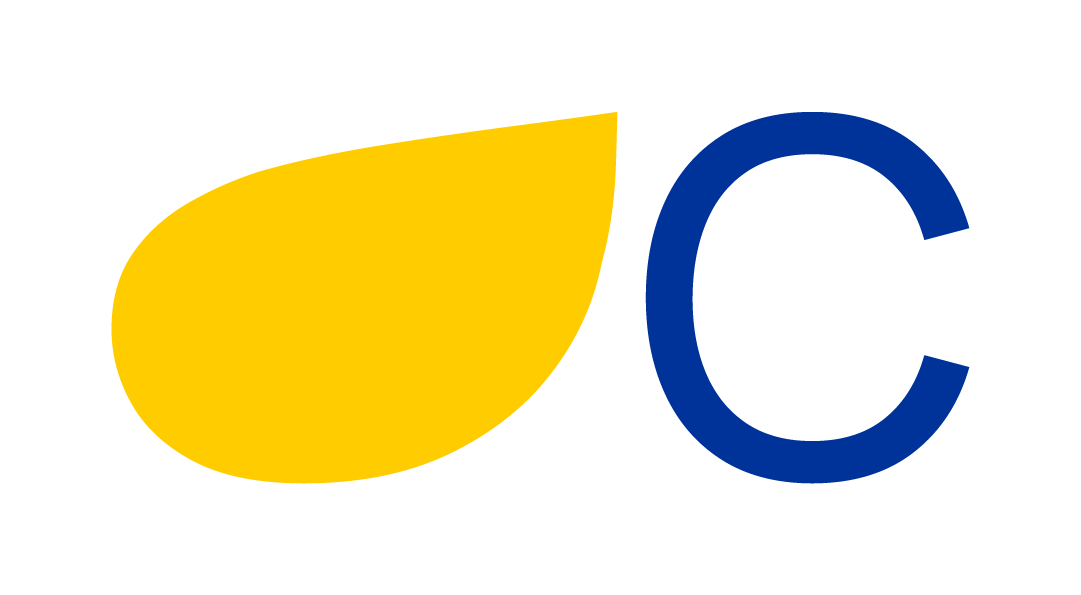
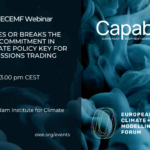


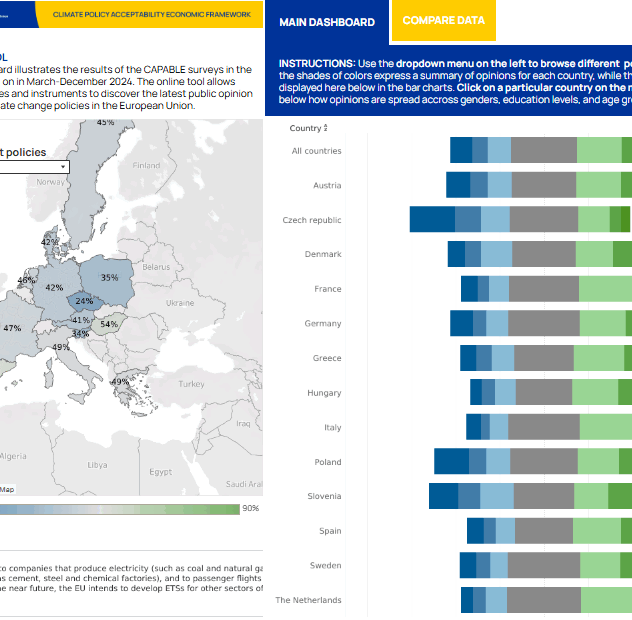
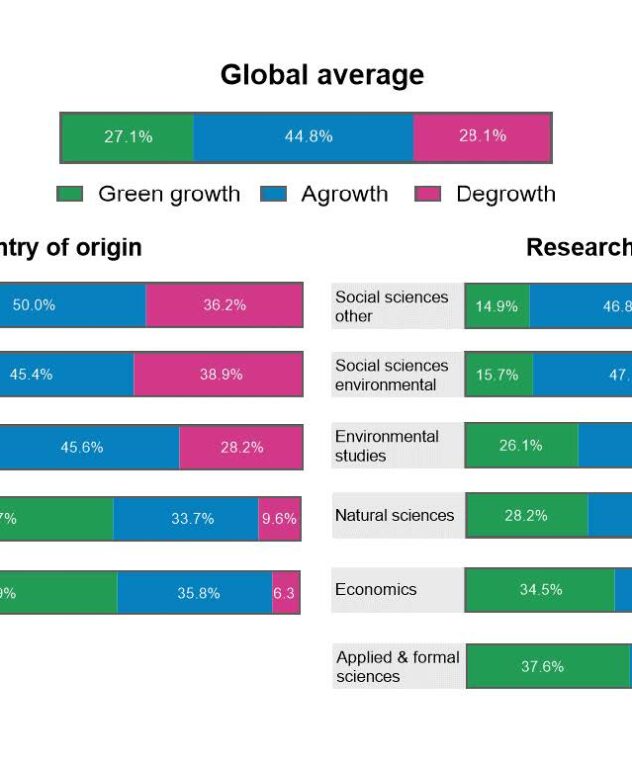
Leave a Reply
You must be logged in to post a comment.